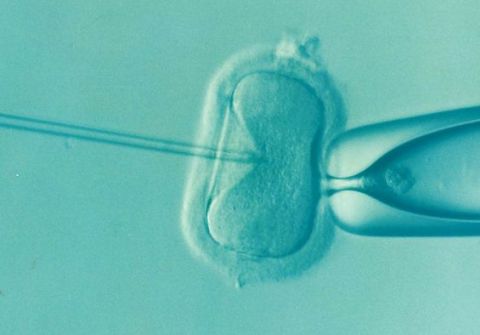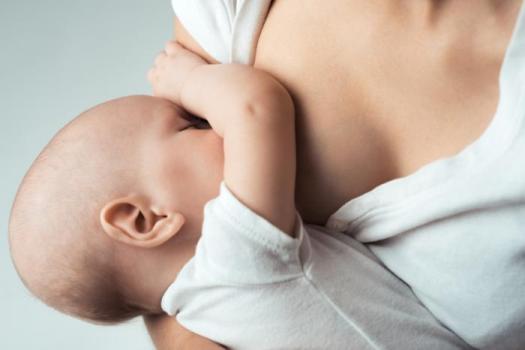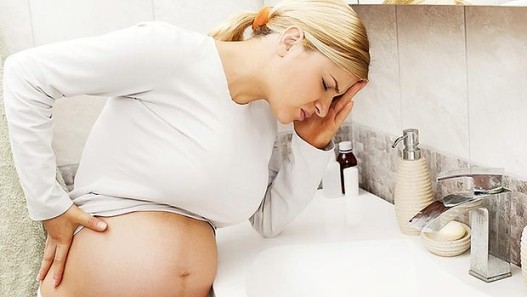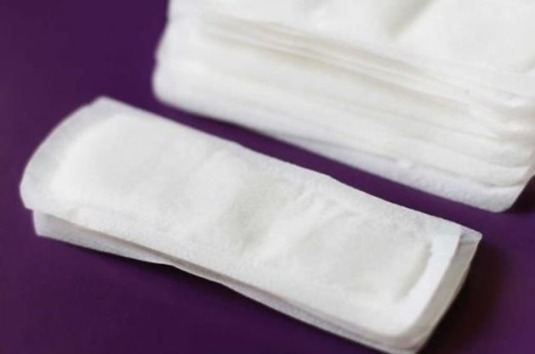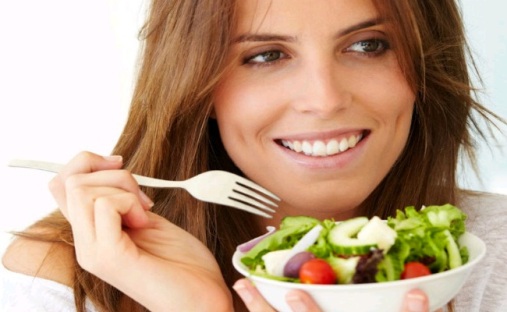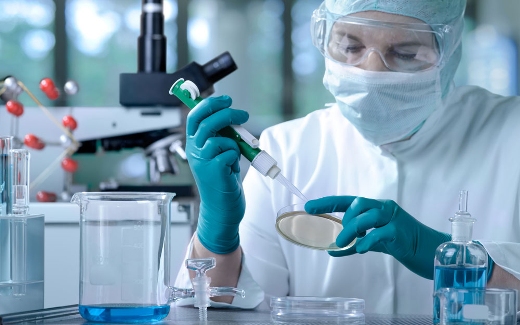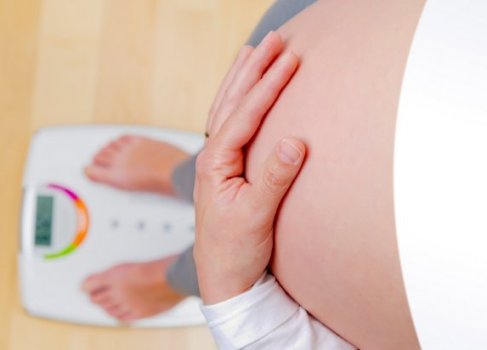The delay in the maternity age is a reality, with many factors influencing this decision. But delaying motherhood does not necessarily mean that women do not want to be mothers, but consider that it is not the most appropriate time (by personal, professional, family situation …).
The freezing or vitrification, one of the assisted reproduction techniques in which more progress has been made in recent years, allows women to preserve their eggs for a long period of time and delay, therefore motherhood.
Logically, opting for this technique is not a decision that should be delayed too much, since, for example, from the age of 40, The fertility of the eggs is greatly reduced. The best age, according to experts, to freeze the eggs is before the age of 35.
